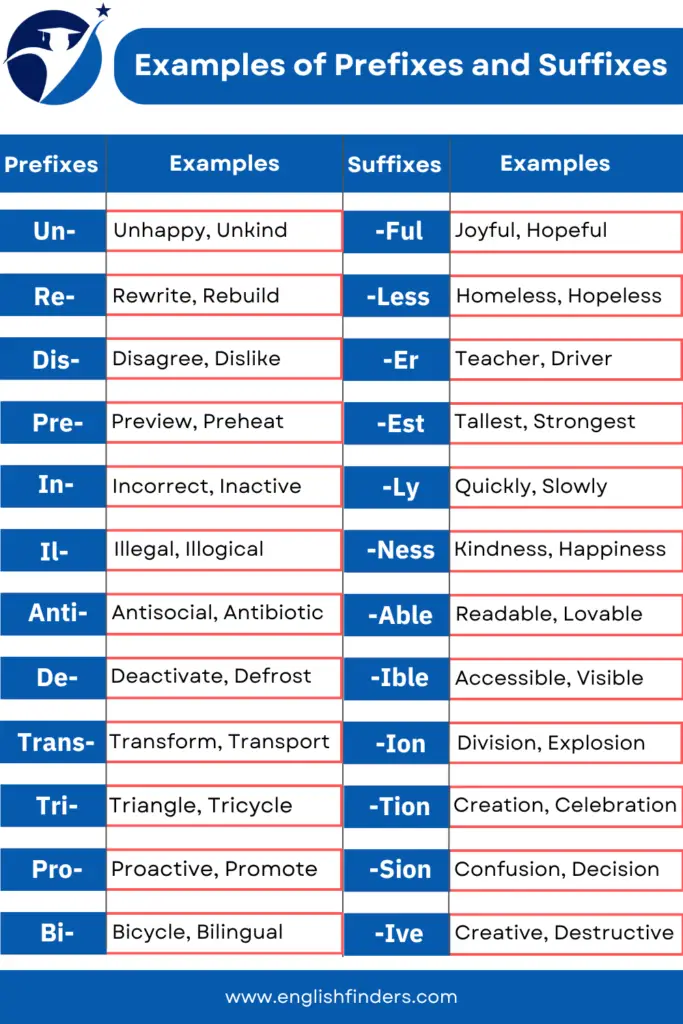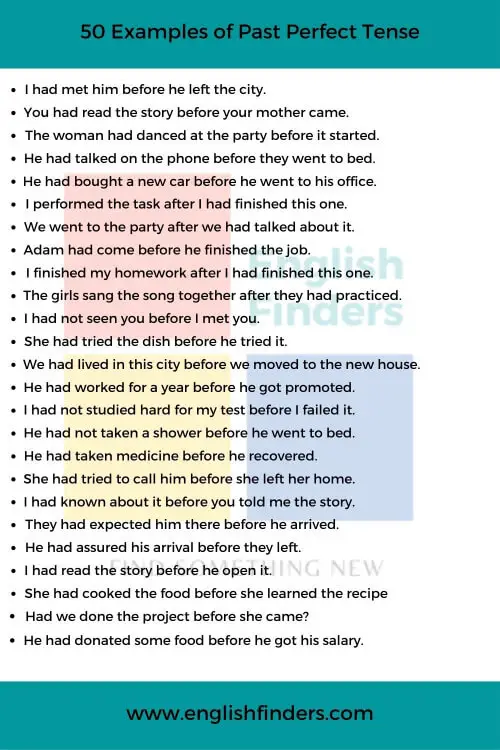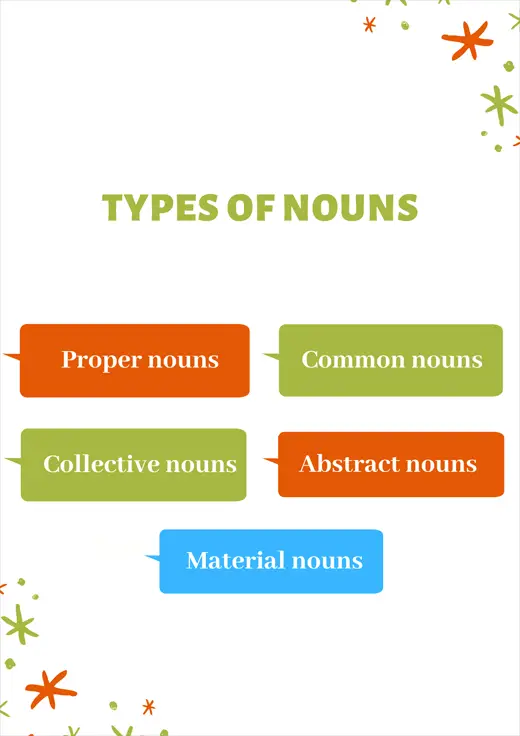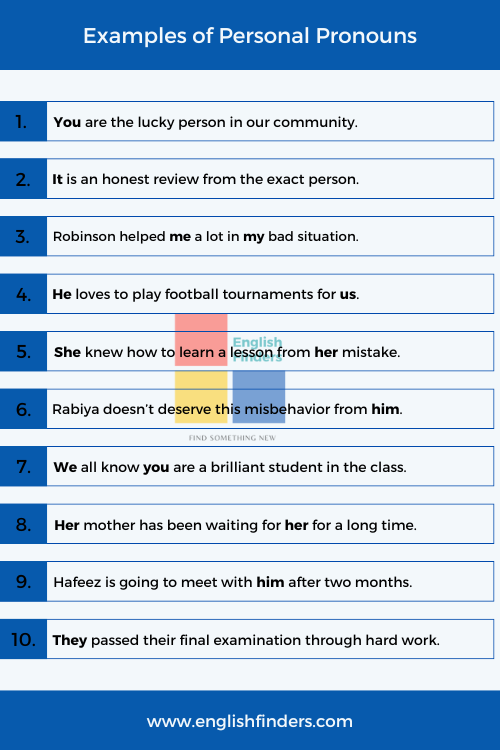Last updated on June 1st, 2025 at 08:19 pm
Have you ever noticed how adding just a few letters to a word can completely change its meaning? That’s the magic of prefixes and suffixes! They’re the ingredients that help us create new words, expand our vocabulary, and make our sentences more interesting.
In this lesson, we’re going to break down 50+ useful examples of prefixes and suffixes, and we’ll look at how they work with everyday words. Trust me, once you get the hang of them, you’ll find it much easier to understand and use new words in English. So, first, let’s understand what the prefixes and suffixes are.
What are prefixes and Suffixes in English?
Quick Navigation
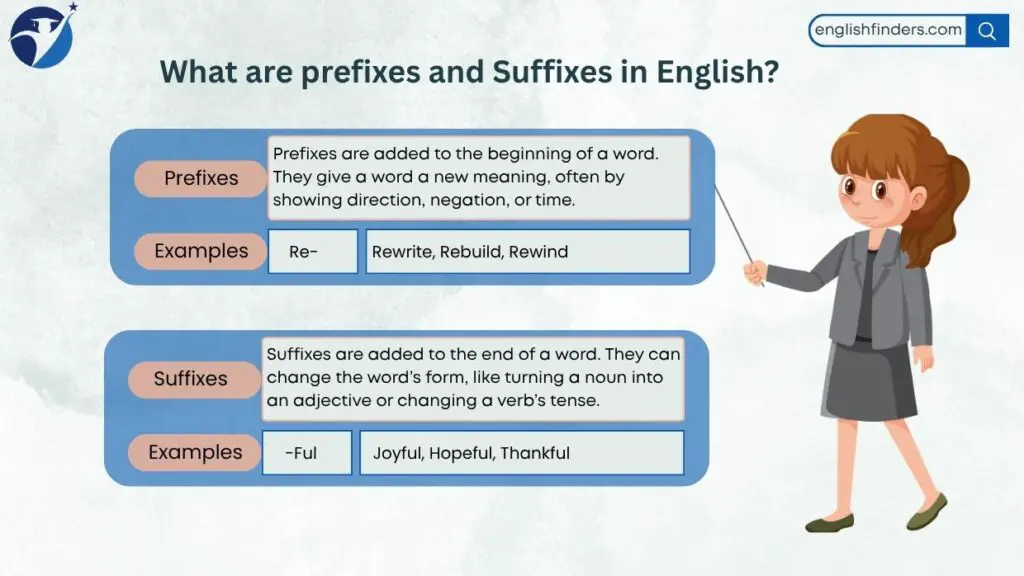
Prefixes and suffixes are like small word helpers that we add to the beginning or end of a word to change its meaning. Let’s elaborate on them.
Prefixes: Prefixes are added to the beginning of a word. They give a word a new meaning, often by showing direction, negation, or time. For example, take the word happy. If we add the prefix “un-“, we get unhappy, which means not happy. Another example is the word rewrite. The prefix “re-“ means again, so rewrite means to write again.
Suffixes: Suffixes, on the other hand, are added to the end of a word. They can change the word’s form, like turning a noun into an adjective or changing a verb’s tense. For example, take the word joy. If we add the suffix “-ful”, we get joyful, which means full of joy. Another example is the word teacher. Here, the suffix “-er” is added to the verb teach, which gives us the noun teacher, meaning someone who teaches.
50+ Examples of Prefixes and Suffixes in English
Let’s dive into the 50 useful examples of prefixes and suffixes in English.
Examples of Prefixes with Meanings
| Prefixes | Meanings | Root Words | New Words by the Prefixes |
|---|---|---|---|
| Un- | Not, Opposite of | Happy, Kind, Fair | Unhappy, Unkind, Unfair |
| Re- | Again | Write, Build, Wind | Rewrite, Rebuild, Rewind |
| Dis- | Not, Opposite | Agree, Like, Appear | Disagree, Dislike, Disappear |
| Pre- | Before | View, Heat, Pay | Preview, Preheat, Prepay |
| Mis- | Wrongly | Understand, Lead, Place | Misunderstand, Mislead, Misplace |
| Over- | Too Much | Sleep, Eat, Load | Oversleep, Overeat, Overload |
| Sub- | Under | Marine, Zero, Merge | Submarine, Subzero, Submerge |
| Under- | Below, Insufficient | Estimate, Pay, Cook | Underestimate, Underpay, Undercook |
| Co- | Together | Operate, Exist, Author | Cooperate, Coexist, Coauthor |
| Im- | Not (before ‘m’ or ‘p’) | Possible, Polite, Mature | Impossible, Impolite, Immature |
| In- | Not | Correct, Active, Direct | Incorrect, Inactive, Indirect |
| Il- | Not (before ‘l’) | Legal, Logical, Literate | Illegal, Illogical, Illiterate |
| Ir- | Not (before ‘r’) | Responsible, Regular, Relevant | Irresponsible, Irregular, Irrelevant |
| Anti- | Against | Social, Biotic, Freeze | Antisocial, Antibiotic, Antifreeze |
| De- | Remove, Reverse | Activate, Frost, Line | Deactivate, Defrost, Decline |
| Trans- | Across, Through | Form, Port, Mit | Transform, Transport, Transmit |
| Inter- | Between | National, Act, Fere | International, Interact, Interfere |
| Super- | Above, Over | Market, Star, Human | Supermarket, Superstar, Superhuman |
| Ex- | Former, Out of | Wife, President, Clude | Ex-wife, Ex-president, Exclude |
| Non- | Not | Fiction, Sense, Verbal | Nonfiction, Nonsense, Nonverbal |
| Auto- | Self | Biography, Mobile, Pilot | Autobiography, Automobile, Autopilot |
| Bi- | Two | Cycle, Lingual, Monthly | Bicycle, Bilingual, Bimonthly |
| Tri- | Three | Angle, Cycle, Athlon | Triangle, Tricycle, Triathlon |
| Semi- | Half, Partly | Circle, Annual, Formal | Semicircle, Semiannual, Semi-formal |
| Post- | After | Graduate, War, Pone | Postgraduate, Postwar, Postpone |
| Pro- | For, Forward | Active, Mot(e), Gress | Proactive, Promote, Progress |
Examples of Suffixes with Meanings
| Suffixes | Meanings | Root Words | New Words by the Suffixes |
|---|---|---|---|
| -Ful | Full of | Joy, Hope, Thank | Joyful, Hopeful, Thankful |
| -Less | Without | Home, Hope, Use | Homeless, Hopeless, Useless |
| -Er | A Person Who | Teach, Drive, Paint | Teacher, Driver, Painter |
| -Est | The Most | Tall, Strong, Fast | Tallest, Strongest, Fastest |
| -Ly | In a Certain Manner | Quick, Slow, Happy | Quickly, Slowly, Happily |
| -Ment | Result of Action | Achieve, Commit, Improve | Achievement, Commitment, Improvement |
| -Ness | State or Quality | Kind, Happy, Dark | Kindness, Happiness, Darkness |
| -Able | Can Be Done | Read, Love, Wash | Readable, Lovable, Washable |
| -Ible | Can Be Done | Access, Vis, Horr | Accessible, Visible, Horrible |
| -Ion | Action or Process | Divide, Explode, Decide | Division, Explosion, Decision |
| -Tion | Act or State | Create, Celebrate, Inform | Creation, Celebration, Information |
| -Sion | State of Being | Confuse, Decide, Erode | Confusion, Decision, Erosion |
| -Ic | Relating to | Hero, Art, Athlete | Heroic, Artistic, Athletic |
| -Ive | Having the Nature of | Create, Destroy, Attract | Creative, Destructive, Attractive |
| -Ous | Full of | Danger, Nerve, Fame | Dangerous, Nervous, Famous |
| -Al | Relating to | Person, Culture, Nature | Personal, Cultural, Natural |
| -En | To Make | Short, Wide, Strength | Shorten, Widen, Strengthen |
| -Ance | State or Quality | Perform, Assist, Important | Performance, Assistance, Importance |
| -Ship | Condition, Quality | Friend, Leader, Partner | Friendship, Leadership, Partnership |
| -Y | Characterized by | Rain, Sun, Fun | Rainy, Sunny, Funny |
| -Ity | State, Condition | Active, Able, Sensitive | Activity, Ability, Sensitivity |
| -Ism | Belief, Practice | Real, Optimist, Hero | Realism, Optimism, Heroism |
| -Ist | A Person Who | Art, Science, Piano | Artist, Scientist, Pianist |
| -Ed | Past Tense | Walk, Play, Work | Walked, Played, Worked |
| -Ing | Present Action | Swim, Run, Write | Swimming, Running, Writing |
| -Ation | The Act of | Inform, Celebrate, Transform | Information, Celebration, Transformation |
Final Thoughts
Prefixes and suffixes are incredibly powerful tools that can enrich our English vocabulary and enhance our language skills. They also help us to create new words. So, we need to understand the definitions of prefixes and suffixes properly.
I hope this lesson will help you to understand them clearly. Just try to practice them in your writing and everyday conversations.
Frequently Asked Questions
What is the main difference between a prefix and a suffix?
A prefix is added to the beginning of a word to change its meaning, while a suffix is added to the end of a word to change its meaning or form, like turning a noun into an adjective or a verb into a noun.
Can a word have both a prefix and a suffix?
Yes, a word can have both a prefix and a suffix. For example, the word unhappiness has the prefix “un-“ (meaning not) and the suffix “-ness” (which turns an adjective into a noun), giving us the meaning of the state of not being happy.
How do prefixes and suffixes help in understanding new words?
Prefixes and suffixes give clues about the meaning of unfamiliar words. For example, if you know that the prefix “pre-“ means before, you can guess that preview means to see something before it’s shown to others.
Do prefixes and suffixes follow specific rules in English?
Yes, there are some general patterns and rules for adding prefixes and suffixes. For instance, prefixes typically don’t change the spelling of the root word, but some suffixes may change spelling slightly, such as happy becoming happiness (the “y” changes to “i”).
Can prefixes and suffixes change the word’s part of speech?
Yes, suffixes often change the part of speech. For example, adding “-er” to the verb teach makes it the noun teacher. Similarly, adding “-ly” to the adjective quick turns it into the adverb quickly.

Azizul Hakim is the founder & CEO of englishfinders.com. He is a passionate writer, English instructor, and content creator. He has completed his graduation and post-graduation in English language and literature.

